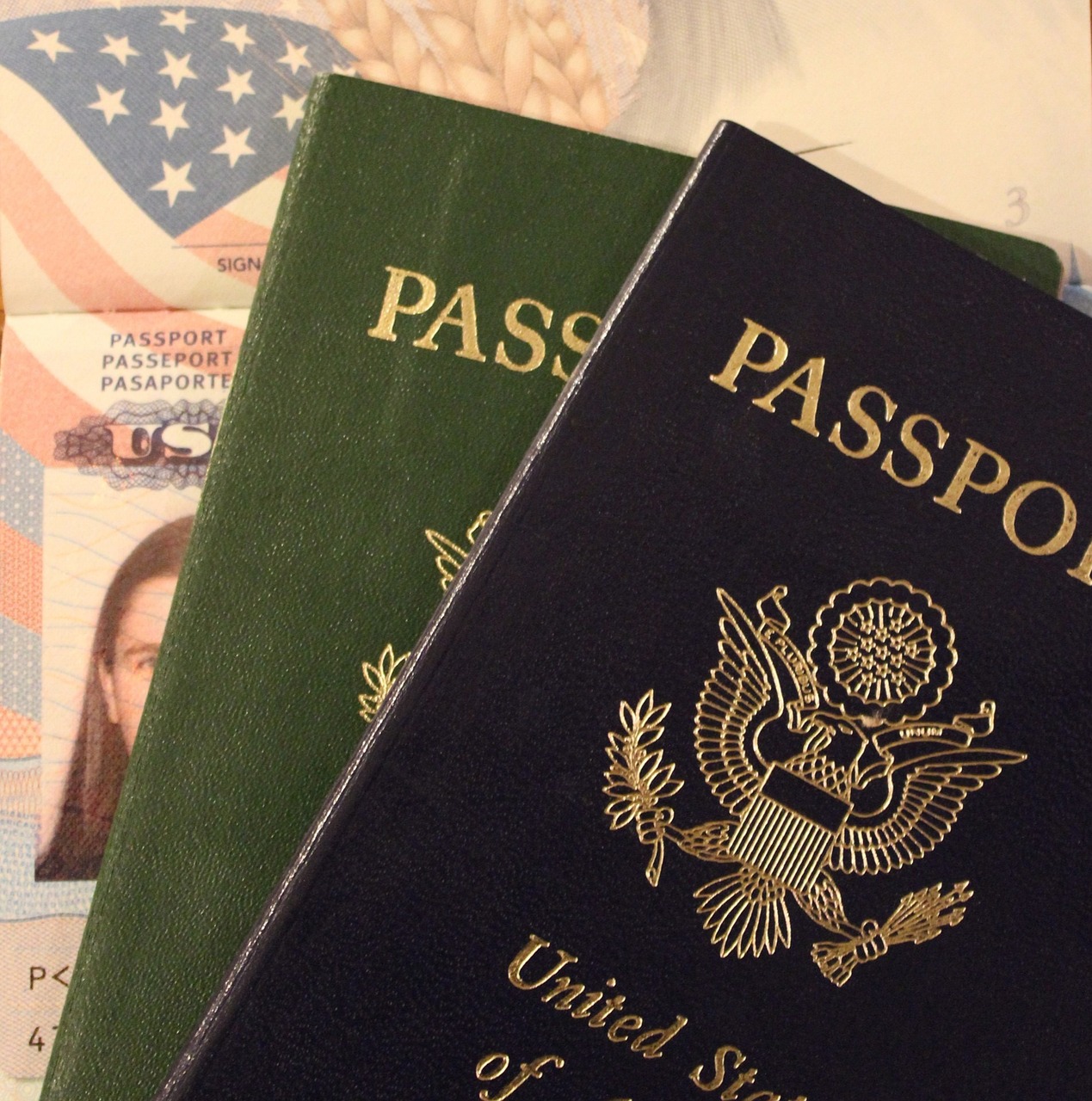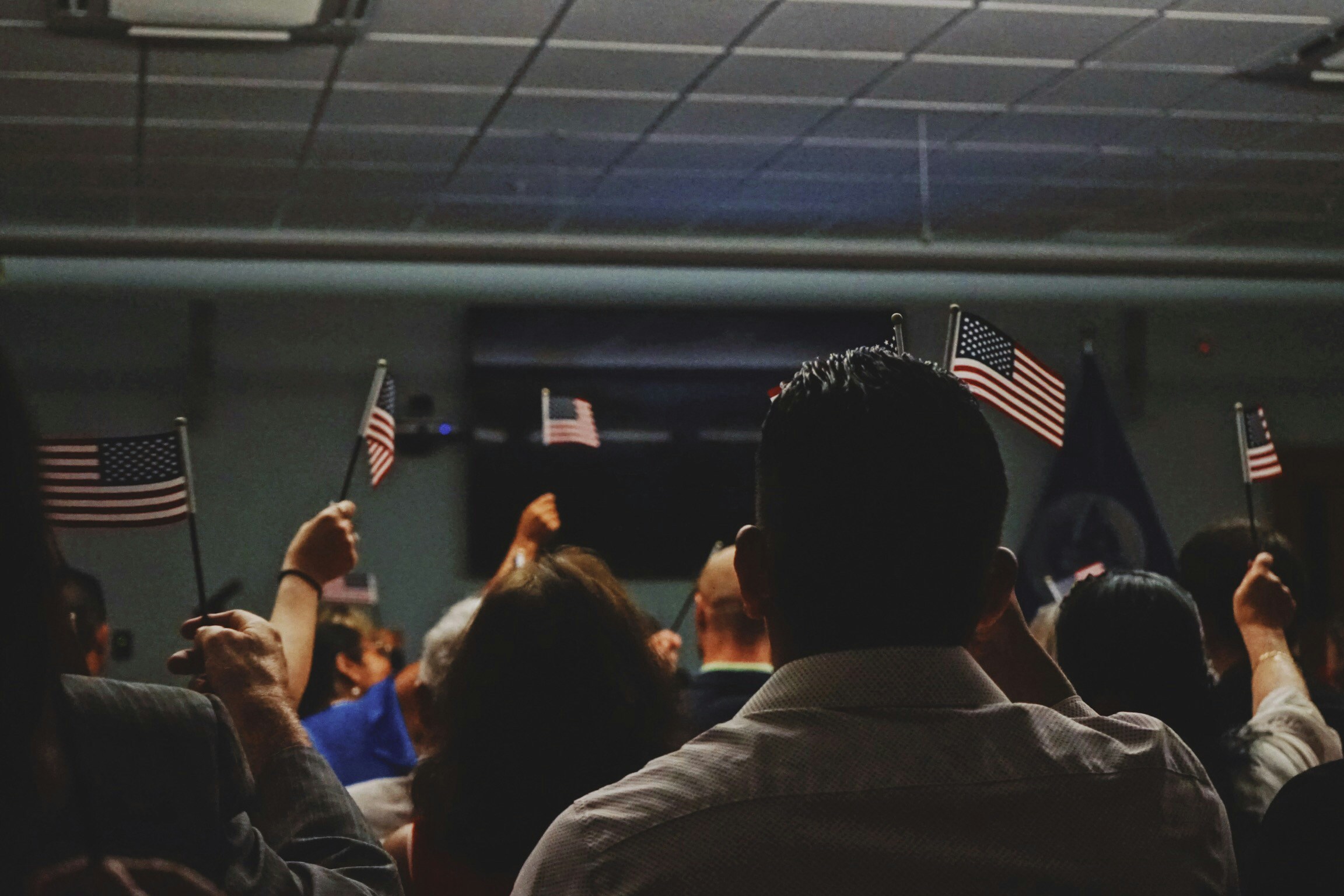Nothing good ever happens when you forget stuff at home. Hi, I'm Jim Hacking, immigration lawyer practicing law throughout the United States at our offices in St. Louis, San Diego and Washington, DC. I was at a green card interview the other day and my clients were extremely happy to have their case approved, and one of the reasons their case was approved, because we brought everything to the interview. And we had it all very well organized and we presented it to the officer in the way in which they are used to receiving it. And that is the key, my friends, the way in which they are used to receiving it. What do I mean by that?
Well, as you might imagine, and if you've ever been to a USCIS office, these guys are inundated with lots of paper. Lots of paper, big thick files with lots of information and lots of documents. And the last thing you want to do at your interview is to be pulling stuff out of your purse, out of your wallet, out of some crumbly envelopes. You want to have everything very well organized and ready to hand to the officer.
When we begin our interviews we often drop off our G-28, which allows the attorney need to enter and to appear in the interview, and then we also drop the documents. We always bring extra documents if it's a citizenship case or a green card case. We always want to make sure that we have all of our ducks in a row. We also make sure that our clients have all the originals organized, all the originals organized. So you're talking birth certificate, marriage certificate, death certificate, divorce decrees, anything like that, obviously all your IDs.
You want to be extremely well organized when you go on that interview and you don't want to forget something. And the reason that you don't want to forget something isn't so much that your case gets delayed, which is true. Your case does get delayed when you forget to bring something that the officer wants. But the real problem when you forget something and don't bring it to your interview is that, not only are they going to ask you to provide the thing that you didn't bring, the bigger issue is it gives them more time to think about your case and to think about, what are some other things that might be missing?
So I honestly believe that there have been numerous cases where if our clients had brought their documents, this is where clients went to the interviews without us, before hiring us, that if they had been organized, their cases would've been approved and approved more quickly. So you're going to get delay when you forget stuff, and more importantly, you're going to get denials, possibly, if you don't give them what they want, and they might even go ahead and think up more things. So what's an example of this?
Well let's say that you don't bring your medical exam to the interview, okay. You don't bring your sealed envelope, let's say it's not done. The civil surgeon hasn't completed it or you waited until the last minute to request it. And so at your interview, the officer says something like, "Oh gee, Emanuel, everything looks good. You did a nice job, I have just about everything that I need, except for that sealed medical. I'm going to give you a request for evidence now or I'm going to send you one in the mail." And you say, "Okay, well, that went well," and you talk to your spouse and you talk to maybe your lawyer or whoever, "Yeah, things went well, things went well." But then you get the actual request for evidence, and now they've added five or six or seven other things that they hadn't even talked to you about at the interview, and now they're asking for them.
So that's the real problem. Because if you'd had that medical, you could've handed it to the officer, plopped that thing on the table, and the officer would've opened it, looked it over, and hopefully approved it right on the spot. So that's why it's important to not forget anything when you go to immigration. Don't leave stuff at home. Don't say, "I'm going to go get it later." Don't say, "Send me an RFE." Don't say, "Give me a checklist." Bring everything. Be ready. Be organized. That's what you want.
Hope this makes sense. If you have any questions, give us a call, 314-961-8200. You can email us, [email protected]. Be sure to join us in our Facebook group, Immigrant Home. If you like this video, we ask you to please share it out on social, that you subscribe to our YouTube channel, and that you join us usually on Tuesdays and Thursdays at noon central time, where I try to answer as many of your immigration law-related questions as possible between the hours of 12:00 and 1:00 central most weeks. Thanks a lot. Have a great week.








